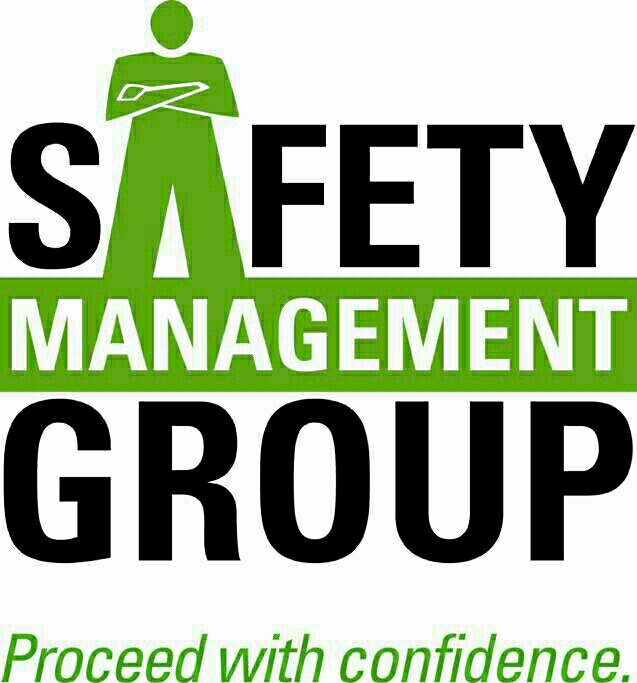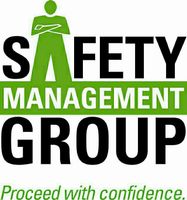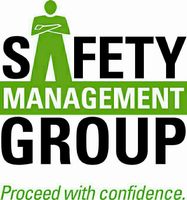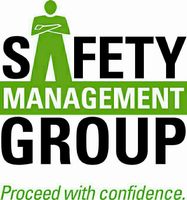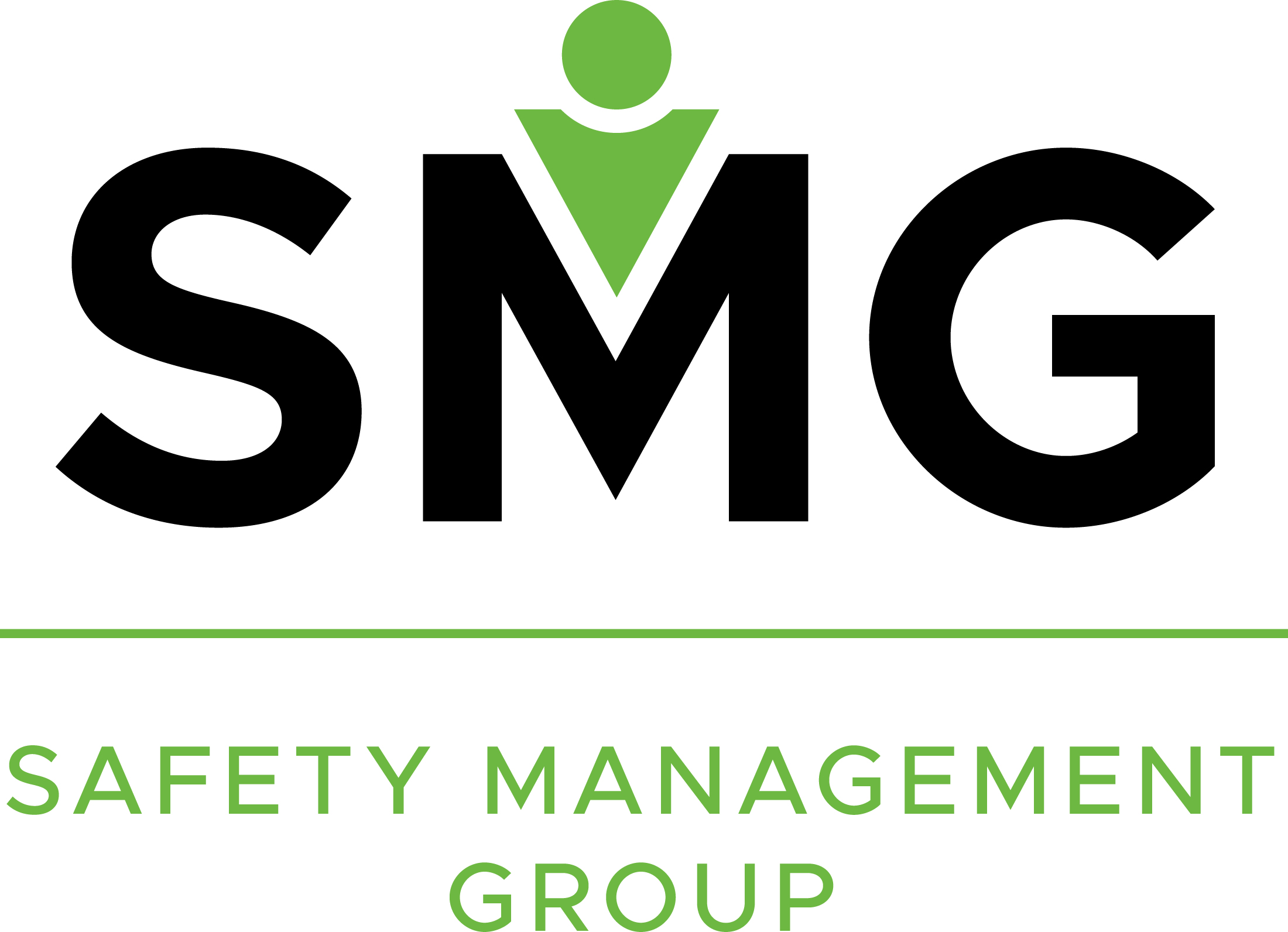Title Page
-
Audit Title
-
Client
-
Jobsite Name
-
Location
-
Select date
-
Superintendent
-
Safety Representative
-
Audit Conducted By
Jobsite Office
-
Safety Manual & HazCom Program
-
Subcontractors' Safety Manual & HazCom Program
-
Fire Extinguisher
-
First Aid & Bloodborne Pathogens Kit
-
OSHA Posters
-
OSHA 300 Log (Feb-April)
-
Visitor PPE Available
Program Administration
-
Emergency Action Plan
-
Emergency Procedures
- EVAC Route
- Notifications/Communications
- Rally Points
- Posted Conspicuously
-
Emergency Numbers & Locations
- Occupational Health Clinic
- Hospital ER
- Police/Fire/Ambulance
-
Safety Meetings
- Tool Box Talks
- New Hire Orientation
- Site Safety Meetings
-
Safety Audits Completed
-
Pre-Task Hazard Assessments Conducted
-
Other
Aerial Lifts
-
Daily Inspections
-
Operator Certification
-
Proper Fall Protection
-
Chain Latched / Gate Closed
-
Platform Free of Debris
-
Feet Firmly on Platform
-
Other
Barricades
-
Setup, Maintained & Removed (end of work)
-
Signage In Place
-
Roadways, Sidewalks, & Stairs Protected
-
Traffic Controls in Place
-
Floor & Wall Openings
-
Unattended Trenches & Excavations
-
Special Hazards Work Protected
-
Other
Concrete and Masonry
-
Impalement Hazards Protected
-
Limited Access Zones Established
-
Forms Installed & Braced Properly
-
Adequate Shoring: Plumbed, Braced, & Inspected
-
Form Materials Stored Neatly
-
Protection From Silica Dust
-
Concrete PPE In Use
-
Concrete Wash-Out Area Available & Constructed Properly
-
Other
Confined Space
-
Training For: Attendant, Entrant, & Supervisor
-
Rescue Procedures In Place
-
Air Sampling Completed & Documented
-
Permit Posted & Properly Completed
-
Other
Cranes, Derricks, Hoists, & Rigging
-
Annually Inspected
-
Inspection & Maintanence Logs Up To Date
-
Crane Operator - CCO
-
Signalman Designated & Trained
-
Equipment Firmly Supported, Outriggers Fully Extended
-
Swing Radius Barricaded
-
Rigging Equipment Inspected
-
Proper Rigging Techniques Used
-
Rigging Used Within Capacity
-
Tag Lines In Use
-
Other
Demolition
-
Written Plan In Place
-
Emergency Egress Maintained
-
Dust & Falling Debris Control
-
Adjacent Structures Shored or Guarded
-
Other
Electrical & Utilities
-
Live Electrical Panels Labeled "HOT"
-
Energized Parts Protected
-
GFCI Protection Utilized at Power Source
-
LO/TO Procedures Utilized
-
Insulation and Prongs Intact
-
Extension Cords Out of Walkways / Suspended by Non-Conductive Material
-
Temporary Lighting Guarded & All Bulbs in Place
-
Temporary Lighting Suspended by Mounting Point on Cage with Non-Conductive Material
-
Adequate Lighting Provided
-
Safely Working Around Power Lines
-
Underground Utilities Marked
-
Other
Environmental
-
Posting of Temporary Waste Area Properly
-
Hazardous Waste Management - S.E.P.O. & Program
-
Hazardous Waste Storage: Covered, Diked, Overflow/Spill Basin
-
Other
Fall Protection
-
Fall Protection Plan in Place (Precast/Residential)
-
100% PFAS Utilized
-
PFAS in Good Working Condition
-
Sufficient Anchorage Points
-
Fall Protection Methods in Accordance to Roof Pitch
-
Leading Edges Protected
-
Guardrails Constructed Properly
-
Perimeter Cable Installed in Compliance & Flagged Every 6'
-
Warning Lines Properly Installed
-
Ironworkers with Subpart R Provisions
-
Floor Holes Covered, Marked & Secured
-
Other
Fire Prevention/Protection
-
Fire Extinguishers Every 3,000 sq.ft, within 50 ft. Horizontally, Locaded in Stairways
-
Fire Extinguisher Readily Available for Hot Work Operations
-
Fire Extinguishers Inspected Annually & Monthly
-
Sprinkler System Live
-
Other
Fuel Storage
-
Approved Containers and Potable Tanks Used & Labeled Properly
-
Not Closer than 20' to a Building
-
No More than 25 Gallons Stored Inside or Stored in an Approved Cabinet
-
Fire Extinguisher Not Less than 20-B, Locaded within 25-75'
-
Double Containment for Tanks > 50 Gallons
-
Protected by Dikes or Barricades from Vehicular Collision/Damage
-
Proper Labels and Signage in Place
-
Other
Gas Cylinders
-
Cylinders Upright, Secured & Caps On
-
Oxygen & Flammables Properly Stored
-
Guages Removed & Caps On When Not in Use
-
Other
Hand & Power Tools
-
Proper Tool for the Job
-
Tools in Good Operating Condition
-
Mechanical Guards in Place
-
Tools Inspected Prior to Use
-
Manufacturer's Recommended PPE In Use
-
Cords in Good Condition
-
Tools Properly Stored
-
Air Compressors have Pressure Reducing Device
-
Other
Health Hazards
-
Asbestos
-
Lead
-
Silica
-
Other
Heavy Equipment
-
Operator Properly Trained
-
Regularly Inspected
-
Seat Belts Worn when Rollover Protection is in Place
-
Glass is Free from Distortion
-
Alarms and Lights Functioning Properly
-
Other
Housekeeping & Sanitation
-
Site Free of Slip, Trip, Fall Fall Hazards
-
Trash in Containers
-
Aisle, Stairs and Passageways Clear
-
Enclosed Chute Used for Drops > 20'
-
1 Toilet Per 10 Employees. Sanitation Station Available.
-
Other
Ladders & Stairways
-
Correct Ladder and Properly Used for the Task
-
Ladders in Good Condition
-
Extension Ladders Extend at Least 36' Above the Upper Landing
-
Secured and at a 4:1 Pitch
-
Spreader Bars Fully Open
-
Steps or Ramps at Elevation Breaks >19"
-
Rails at Stairs and Landings with 4 or More Risers or 30" High
-
Risers are Uniform Height
-
Platforms Extend at Least 20" Past Door Swing Radius
-
Other
Material Storage
-
10' From Exterior & 6' From Interior Leading Edges
-
Material Stacked to Prevent Sliding, Falling, or Collapse
-
Nails Pulled from Lumber
-
Materials No Closer than 3' of Live Electrical Equipment
-
Other
Personal Protective Equipment
-
Hard Hats - Overhead Hazard
-
Safety Glasses - Task Specific
-
Faceshield - Task Specific
-
Work Boots Worn
-
Gloves Worn - Different Types Available Per Task
-
Hearing Protection Available/Utilized
-
High Visibility Clothing
-
Respirators or Dust Masks Utilized
-
Other
Scaffolds
-
Competent Supervision: Erecting, Altering, & Dismantling
-
Scaffold Tagging Procedure Utilized
-
All Parts is Good Condition
-
Locking Wheels, Base Plates or Mud Sills Provided
-
Plumb & Square with all Bracing
-
Toprails & Midrails in Adequate and Ends Protected
-
Working Deck Complete & Correctly Erected
-
Plank Cracks/ Splits No Longer than the Width
-
Working Areas Free of Debris, Snow & Ice
-
Falling Object Protection Provided
-
Proper Access to Platforms
-
Tied into Structure when Over 4 Times is Width
-
Other
Trenching & Excavations
-
Inspected by a Competent Person
-
Proper Protection Per Soil Type
-
Equipment Kept at a Safe Distance from Edge
-
Proper Access and Egress
-
Spoil Piles at Least 2' from Edge
-
Adjacent Structures Shored
-
Underground Utilities Located and Marked
-
Equipment Access Ramp Adequate
-
Other
Welding, Cuttting & Grinding
-
Proper PPE Utilized
-
Fire Extinguisher Readily Available
-
Flashback Arrestors on Torches
-
Boots on Welding Lugs
-
Leads in Good Condition
-
Combustibles 35' Away or Cover with Fire Blankets
-
Other
Additional Contractor Notes
-
#1 Other
-
#2 Other
-
#3 Other
Additional Subcontractor Notes
-
#1 Other
-
#2 Other
-
#3 Other
-
Inspection Reviewed With
-
Audit Completion
